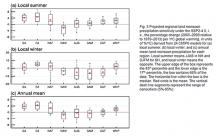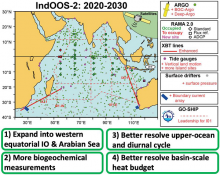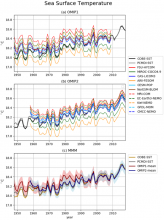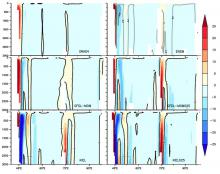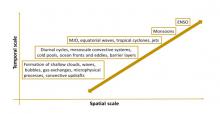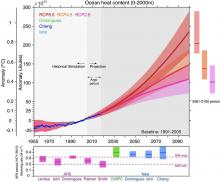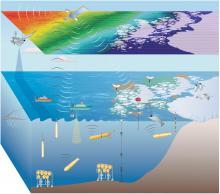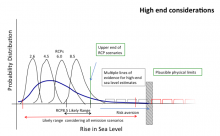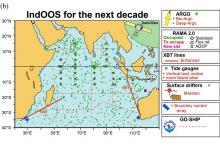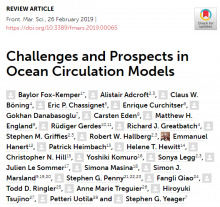Science Highlights
A roadmap to IndOOS-2: Better observations of the rapidly-warming Indian Ocean
Submitted by Jing Li on Thu, 2020-07-09 03:42The writing team of the decadal Indian Ocean Observing System review has recently published a research article on the BAMS titled ‘A roadmap to IndOOS-2: Better observations of the rapidly-warming Indian ocean’, by presenting the core findings from the IndOOS review.
An experimental protocol for global ocean-sea-ice model simulations and its evaluation: The Ocean Model Intercomparison Project phase 2 (OMIP-2)
Submitted by Liping Yin on Tue, 2020-07-07 08:48CORE-II simulations: An assessment of the Indian Ocean annual and seasonal mean states
Submitted by Qian Zhao on Wed, 2020-03-04 02:25Atmospheric Convection and Air-Sea Interactions over the Tropical Oceans: Scientific Progress, Challenges and Opportunities
Submitted by Jing Li on Fri, 2020-01-03 00:50From 7-9 May 2019, 90 observational and modeling experts met in Boulder CO, USA to review and document progress, identify outstanding issues, and propose approaches for future integrated process studies in atmospheric convection and air-sea interactions over the tropical oceans, over a broad range of spatio-temporal scales.
Ocean Climate Observing Requirements in Support of Climate Research and Climate Information
Submitted by Jing Li on Wed, 2019-09-04 16:37The CLIVAR Science Steering Committee (SSG) coordinated the co-chairs of its panels and research foci to produce a white paper for OceanObs’19 entitled ‘Ocean Climate Observing Requirements in Support of Climate Research and Climate Information’, that has recently been published in Frontiers in Marine Science.
Delivering Sustained, Coordinated, and Integrated Observations of the Southern Ocean for Global Impact
Submitted by Liping Yin on Fri, 2019-08-30 03:40The major scientific and observational progress of the last decade and an assessment of key priorities for the coming decade with the goal of achieving the SOOS vision and delivering essential data to all end-users were presented in the paper jointly contributed by SOOS and SORP, in addition with other authors.





